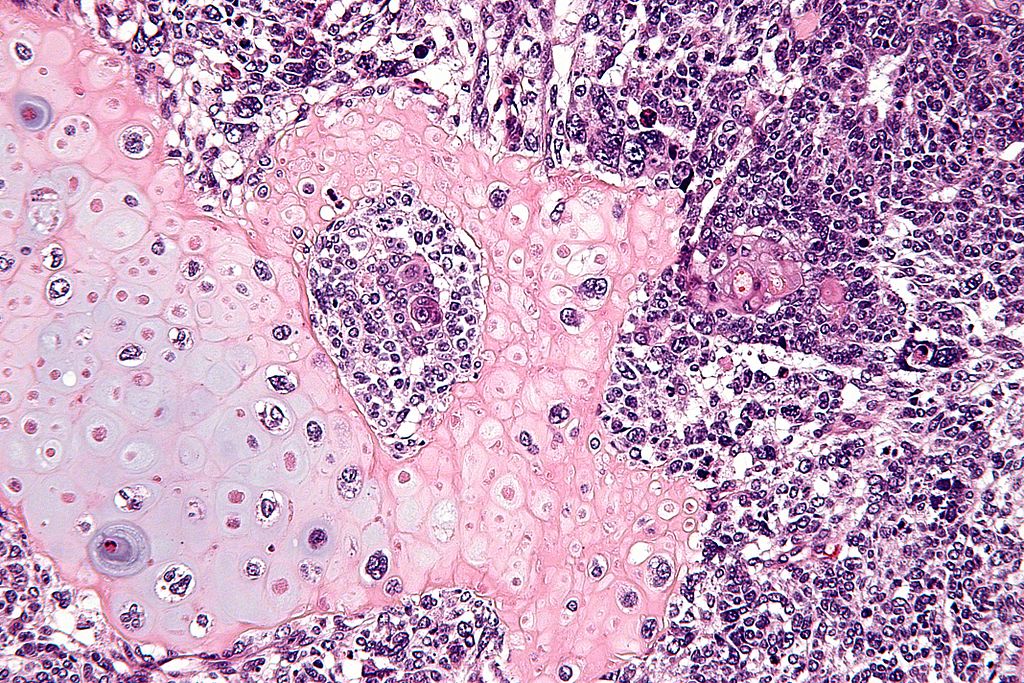This course is part of the RCOG Core Knowledge series.
Vulval cancer is a rare disease, accounting for 2–5% of gynaecological cancers worldwide. In the UK, it accounts for less than 1% of all cancers diagnosed in females. The incidence of vulval cancer has increased by 17% since the 1990s (Cancer Research UK - accessed March 2023).
Vulval cancer is not high in the media or public agenda, which contributes to a general lack of awareness of this condition by both patients and their doctors. On average, most GPs will only see one or two cases in their careers, and general gynaecologists will see one or two cases in a year.
When you have completed this course, you will be able to:
- identify the risk factors associated with vulval cancer
- establish the diagnosis of vulval cancer
- establish the extent or stage of the disease
- refer appropriately to the multidisciplinary team
- counsel patients regarding the treatment and adverse effects
- be aware that these patients require follow up in specialist vulval clinics or within the gynae-oncology service.
Ehiozogie Obhielo (2023)
Amudha Thangavelu (2013, 2015, 2019, 2023)
Dr Ehiozogie Obhielo MRCOG is a Specialty Trainee in the West Yorkshire Deanery
Dr Amudha Thangavelu MRCOG is a Consultant Gynaecological Oncologist at St James University Hospital, Leeds.
This course is intended to help clinicians gain core knowledge for O&G training and the MRCOG examinations. It can also be used by O&G consultants to refresh their knowledge of the area or for teaching.
The content of this course relates to the following Capabilities in Practice (CiPs) and key skills.
CiP 1: Clinical skills and patient care
All key skills covered
CiP 2: Working in health organisations
Understands ethical principles
Working in a digital environment
CiP 3: Leadership
Demonstrates insight
Effective use of resources
CiP 5: Human factors
Demonstrates insight into decision making
Team working
Understands systems and organisational factors
CiP 6: Developing self & others
Commits to continued learning
Promotes excellence
Provides pastoral care
CiP 8: Educator
Interprofessional learning
CiP 9: Emergency gynaecology and early pregnancy
Manages non-pregnancy pelvic pain
Manages non-pregnancy vaginal bleeding
Manages complications of treatment
CiP 11: Non-emergency gynaecology and early pregnancy
Manages pelvic and vulval bleeding
Manages suspected cancer symptoms
Manages vulval symptoms
CiP 13: Non-discrimination and inclusion
Promotes non-discriminatory practice
CiP 14: Health promotion
Understands impact of policy
Product Details:
Product Name
Price
Malignant disease of the vulva - 12 Month Access
£64.80
Login to purchase
| Product Name | Price | |
| Malignant disease of the vulva - 12 Month Access | £64.80 | Login to purchase |

